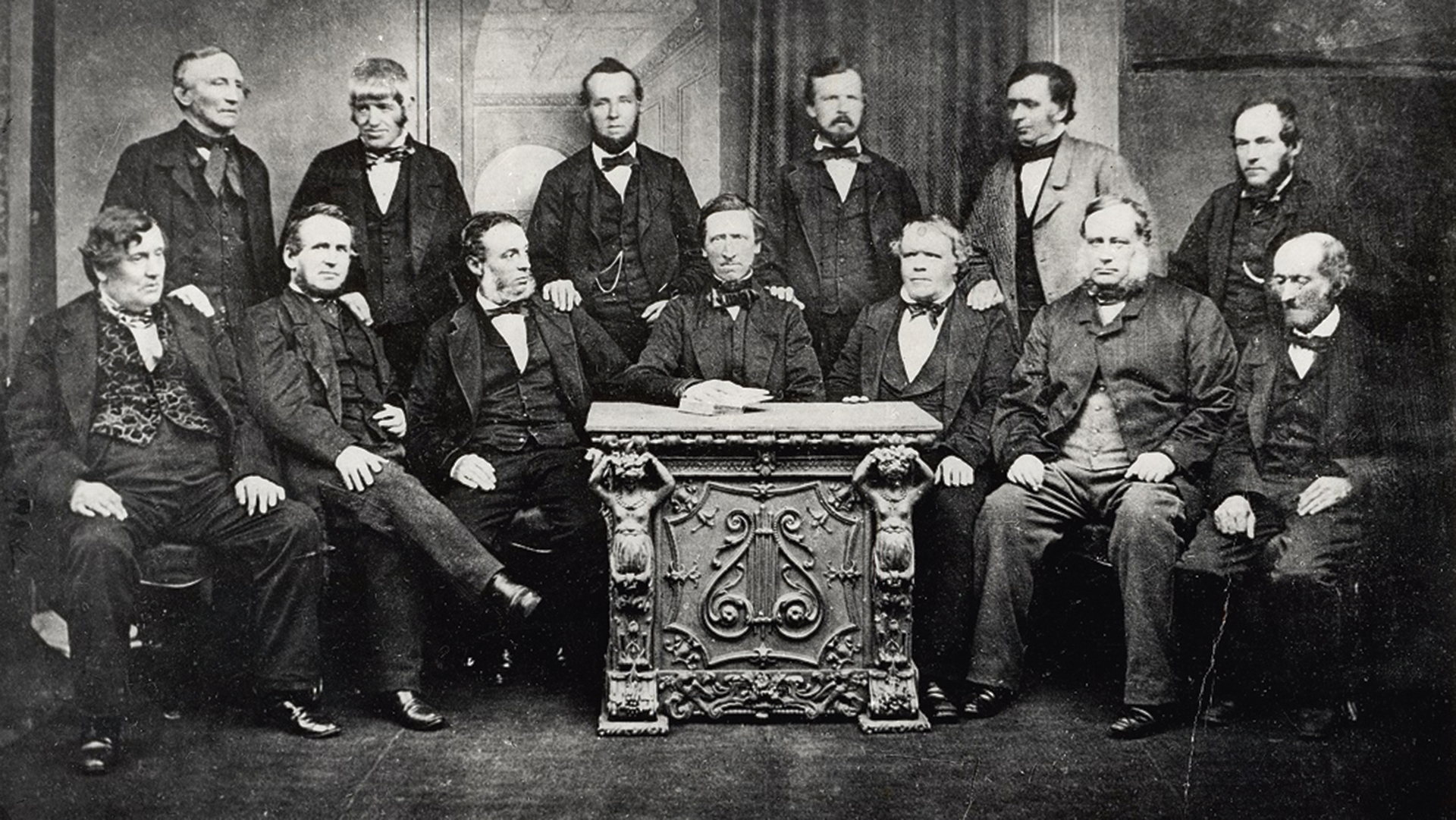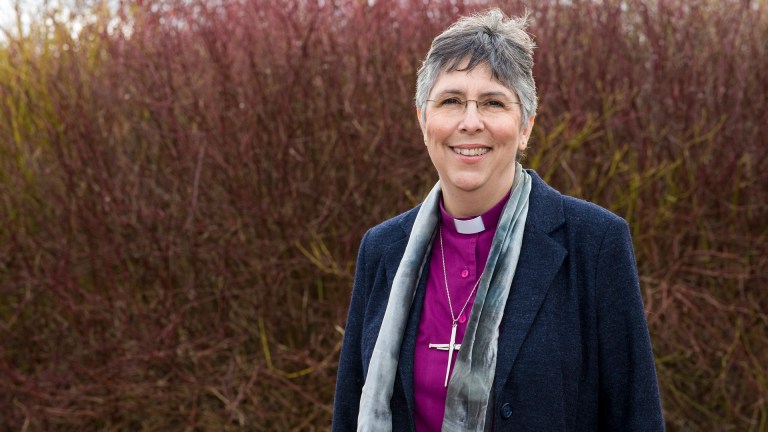In 2016 I had what we called the Creditworthiness Assessment Bill go through Parliament. It was a very simple no-brainer. People living in rented accommodation were paying more for their credit than those living in a property they had a mortgage on.
Credit reference agencies, who gave you your credit rating, were not recognising your rental payments as an expression of your willingness and ability to repay whatever you may wish to borrow. But if you had a mortgage, this was an expression of how reliable and established you were. And therefore how much of a better risk you were because you had a mortgage.
This was a clear divide that needed to be addressed and our bill passed through both Houses of Parliament but was not passed into law. The Treasury did start a competition to find what they called a ‘fintech’ – financial-technical – solution to this problem of having a lower credit score however reliable you were as a rent payer.
The problem was that you had to surrender your rental details to the credit agency. That really worked well if you were a good rent payer, but if you had an irregular rent record then you were not likely to see your credit level go up. There was even a fear that it would go down. So the fintech solution was to try to avoid having to expose those people who had an irregular rent record. Excuse this descent into technicalities, something that most readers would not expect of me. But in the end the problem did not resolve itself, and has remained an issue ever since.
Until Liz Truss, looking for armour to combat her opposite number in the pursuit of the ultimate political prize, looked at what we had tried to achieve. And has now suggested that rents be a deciding factor in determining people’s creditworthiness. Now our attempt to get 80-90 per cent of rent payers a better credit rating may finally see the light of day. But hopefully they will do so without exposing people to surrendering their rental records, and the possible lowering of their credit score because they have an irregular rental payment record. There are reasons for people finding it difficult to pay their rents in the current period, more so than in earlier periods. And that is due to the return of inflation and the power it has to destroy any stability you have if you are part of the working/claiming poor.
I have a particular raw nerve about credit because I was always the one who as a child had to go and get shops to give us credit. Where we lived in Fulham we eventually fiddled countless shops and I was at times chased down the road. The problem was we did not have enough income to match the costs of running a family of parents and six boys. We were not financially savvy either. We did not know how to get the most out of what we had.










